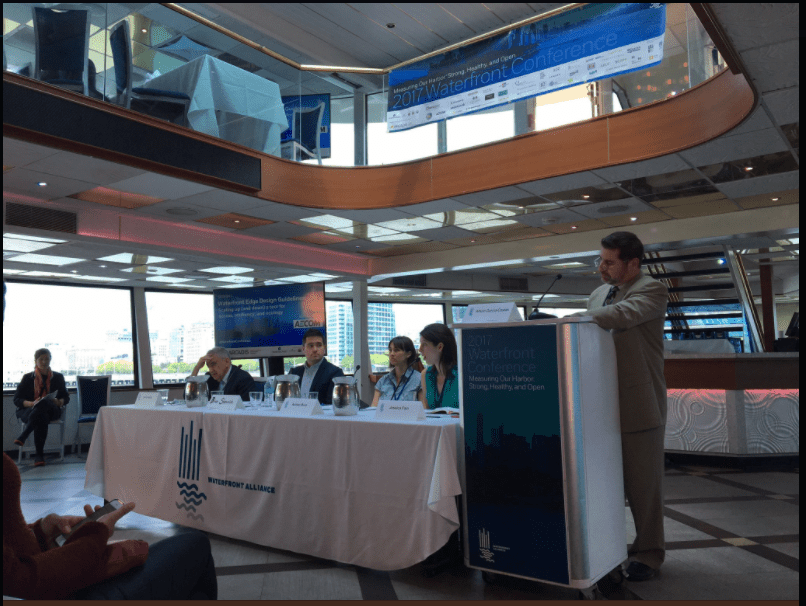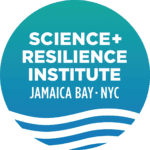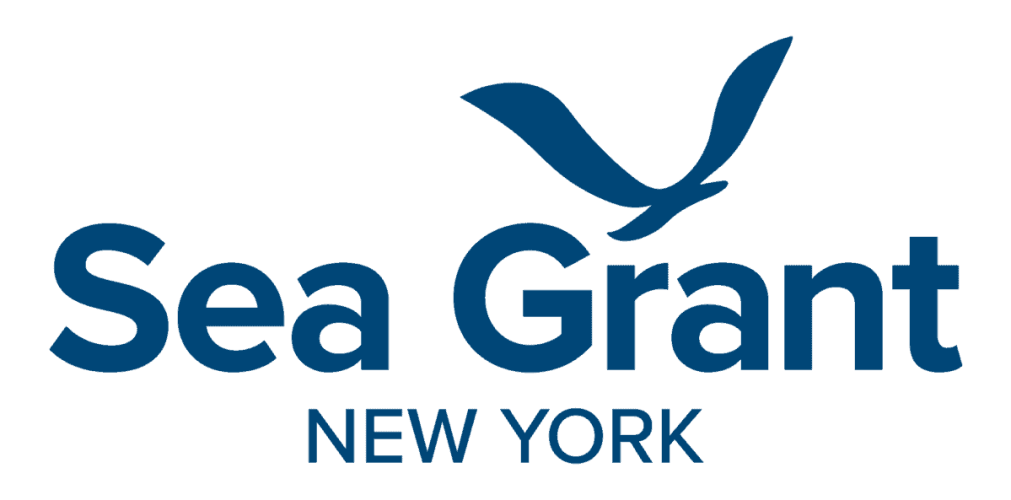Last year, we reported that the Science and Resilience Institute at Jamaica Bay, in partnership with the Waterfront Alliance, was awarded a Rockefeller Foundation grant to provide technical review of the Waterfront Edge Design Guidelines (WEDG) program and offer feedback on how to design more resilient, accessible, and ecologically healthy waterfronts and coastlines
Over the past year, a Technical Working Group (TWG) led by Institute has been working behind the scenes to evaluate the credit system’s technical merits in the context of best available knowledge regarding resilience, public access, and urban coastal ecosystems.
 Photo Credit to Waterfront Alliance
Photo Credit to Waterfront Alliance
The time has come where the Waterfront Alliance will be rolling out its revisions to WEDG — a certification program aimed at promoting good waterfront design and development.
Comprised of eight experts from a range of disciplines, the TWG presented their recommendations to the Waterfront Alliance, which can now be found in the final report available on SRIJB’s website. They are the culmination of lessons drawn from program precedents, technical review of WEDG categories and credits, feedback from the WEDG Advisory Committee, discussion amongst the TWG members, and healthy, on-going dialogue between the Waterfront Alliance and TWG.
Recommendations range from the specific technical merits of particular credits to big-picture suggestions about how to frame the program to encourage widespread uptake and innovation while also maintain its integrity.
In addition, TWG member/sustainability consultant Ashley Muse supported the development of a performance and evaluation framework to help users to organize data to support initial assessment, ongoing performance, and adaptive management planning. TWG member/Stevens Institute of Technology professor Jon Miller and TWG member/SRIJB staff Jessica Fain helped develop a decision-support tool to assist with the selection of soft/hybrid shoreline strategies and materials for different shoreline conditions.
“The Science & Resilience Institute at Jamaica Bay has been instrumental in ensuring that WEDG is based in sound science, helping us to translate the complexities of waterfronts into digestible and easy to communicate design concepts and best practices for resilience, access, and ecology at the site scale,” said Kate Boicourt, WEDG Project Manager at the Waterfront Alliance.
The TWG is comprised of the following members: Anthony Dvarskas, Stony Brook University; Jessica Fain, Science and Resilience Institute at Jamaica Bay; Peter Groffman, CUNY Brooklyn College/Advanced Science Research Center; Christina Kaunzinger, Rutgers University; Walter Meyer, Local Office Landscape Architecture; Jon Miller, Stevens Institute of Technology; Ashley Muse, Muse Consulting; and Eric Sanderson, Wildlife Conservation Society






